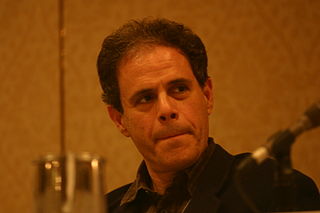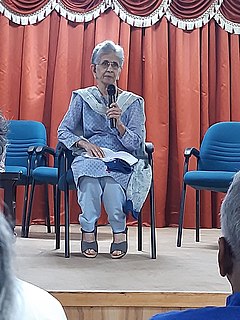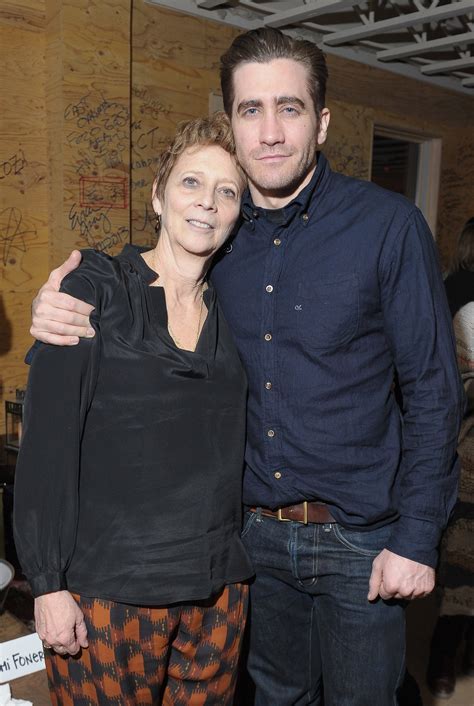A Quote by Steven Moffat
[The Doctor, Capt. Jack and Rose are cornered by the empty children.] The Doctor: Go to your room! Go to your room! I mean it. I'm very, very angry with you. I'm very, very cross! GO! TO! YOUR! ROOM! [The children lurch away and obey him.] I'm really glad that worked. Those would have been terrible last words.
Related Quotes
Do you have your own room, Charlie Brown?" "Oh, yes... I have a very nice room." "I hope you realize that you won't always have your own room... Someday you'll get drafted or something, and you'll have to leave your room forever!" "Why do you tell me things like that?" "It's on a list I've made up for you... I call it, Things You Might As Well Know!
It's [a miscarriage] all very thief-in-the-night. No one really knows what to say. You go into the emergency room, you think you're going to be a mum and you walk out empty. It's all neat and tidy, there's this potential being in your life and you're empty - all cleaned up and put back together, but completely shattered.
Thomas Gordon, founder of P.E.T. (Parent Effectiveness Training), observed that when children are behaving in a way that interferes with your ability to meet your needs, shouting direct orders to them doesn't work very well. So, he advised sending I messages. That is, a better alternative to, Your room is a disaster area-clean it up this minute, would be something like, I get embarrassed when Mrs. Johnson is visiting and sees your room looking this messy, so I need you to clean it up.
The I Ching tells us that for every ending there is a new beginning. In other words, what appears like a transition isn't really a transition; it's a continuum of existence. If you close your eyes for a moment the room will appear to go away. But does it really? Open your eyes again and the room will still be there. That's all death is.
Marriage is a very strange thing. It's a very public institution, it's meant to tell the world that two people are going to live together, to declare that their children will be legal, that these children can inherit their property. It's meant for social living, to ensure that some rules are observed, so that men and women don't cross the lines drawn from them. At the same time, marriage is an intensely private affair, no outsider will know the state of some one else's marriage. It's a closed room, a locked room...
Every day is still exciting. I have like a very good system worked out with my editor. Some directors are in there every day, sitting there in the room with the editor. I lose perspective incredibly quickly, and so what I do is I watch...I come in the room and give very specific notes and then I go back to my house or in my office and I watch the dailies.
It's very hard to be a screenwriter. I remember getting a couple of awards. I got a PEN West award a million years ago when I did Running on Empty, and I sat in the room with all these writers. They wrote everything from novels to non-fiction to children's books to journalism - any kind of writing - and I realized that there was no one in the room who would ever read anything I'd written.
Writing is very much an emotional process; it requires you to be very in touch with your feelings. That is the opposite of what you're taught as a medical doctor. We're supposed to be detached and logical. Maybe because I started off as a writer and then became a doctor, I'm able to integrate those two.






































